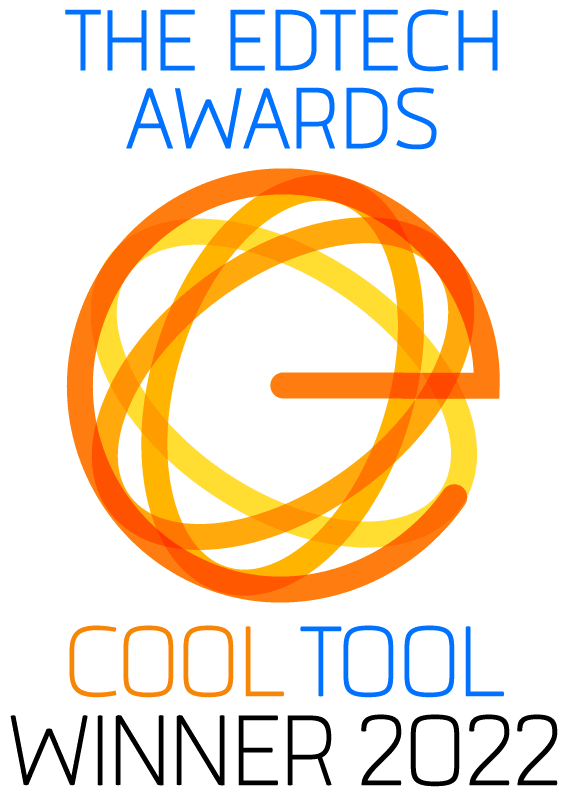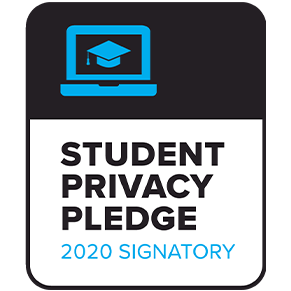College Readiness Standards
The DBQ Project aims to help teachers help students read smart, think straight, and write clearly. We develop social studies curriculum materials that build skills that students need in school and in life. Our DBQs and Mini-Qs offer students opportunities to practice many English and reading skills that college readiness experts have identified as essential. These include, reading, writing, communications, teamwork, critical thinking, and problem solving.
Several organizations, including Achieve, ACT and the College Board, have worked hard to identify what students must know and be able to do to be successful in college. They have worked extensively with K-12, post-secondary, and business leaders to identify essential competencies for success in college and certificate granting courses. Many state policy makers have used the research of these private organizations to align their own high school graduation requirements with these college ready standards.
College readiness standards have conventionally emphasized reading, English language usage, mathematics and science. While some social studies teachers and policy makers have taken this as a sign that social studies is less essential for college readiness, the role informational and non-fiction texts play in reading and English make social studies education more important than ever. Indeed, students’ ability to read, understand and use informational texts is the difference between good scores and great scores on the ACT test.
Skills such as recognizing cause and effect, comparing and contrasting, and linking supporting details to main ideas are skills students practice in social studies classes all the time. DBQ Project questions prompt students to perform these essential reading and thinking skills. For cause and effect, students can answer questions such as “What Were the Underlying Causes of World War I?” or “What Were the Most Important Consequences of the Printing Press?” To work on compare and contrast, students can investigate questions like “Medieval Knights and Japanese Samurai: How Great Were the Differences?” or “Gandhi, King, and Mandela: What Made Non-Violence Work?” Even in our questions that ask students to write personal journals such as “Mansa Musa’s Hajj,” or “The California Gold Rush,” students need to link evidence from primary and secondary source documents to their more general observations.
DBQ Project units address the key concerns of university faculty members nationwide. Several studies of college faculty, regardless of the selectivity of the university, reported that the primary areas in which first-year students needed further development were critical thinking and problem solving (Lundell, Higbee, Hipp, & Copeland (2004) as found in Conley, Redefining College Readiness (2007)). While many state mandated tests require students to recall or recognize fragmented bits of information, they rarely require students to apply their learning and almost never require students to exhibit proficiency in higher forms of cognition (Marzano, Pickering & McTighe (1993).
DBQ Project DBQs and Mini-Qs blend what David Conley calls “the two important dimensions” of college readiness: “key cognitive strategies and content knowledge” (Conley (2007). Our 6-Step Method makes the cognitive steps involved in reading, document analysis, and writing transparent for teachers and students. Our array of engaging questions in United States and World History provide students with meaty content about which they can think and write deeply. What’s more, our DBQs are differentiated for students at different age and ability levels. There is no reason to wait until high school to start preparing students for college. The key skills that researchers have identified as crucial for success in college can be taught and learned in elementary and middle school too.
Back to Best Practice Alignment

